After a job interview is over, you will have some time to reflect how your interview went. You might feel confident about certain parts and nervous about others. You desperately want to understand if the interview went well or not. Are there cues that can help you analyse how you performed? To some extent, yes. Here are four of them.
- The length of your interview
If your interview went longer than it was scheduled for, that’s usually a positive sign. When a conversation runs longer than expected, it’s usually because your interviewer was keen to know more about you and had an interest in your answers.
According to Muse career coach Emily Liou, a former recruiter, if she knew that the candidate wasn’t a fit, she wouldn’t prefer to waste her time. Instead, she would wrap up the interview right at the scheduled time. On the contrary, when she found a stellar candidate, she said she would try to spend additional time gathering the information she would need to make an informed decision.
On the other hand, if an interview ended before the stipulated time, it may not be a great sign. However, there can be exceptions such as when the recruiter has evaluated you quickly to progress to the next round.
- Were there follow-up questions?
Interviewers are also human, and they will ask you follow-up questions if they are eager to know more about you. These could be about your career trajectory, your interests outside of work, and so on.
However, you must be able to differentiate if a follow up question is stemming from an answer that you did not clearly or satisfactorily. Keep your calm and answer any questions, no matter how detailed they get, with ease, confidence, and poise.
- You got a timeline for the next steps
Employers should share a timeline of the next steps as general protocol. Depending on the bank you are interviewing for, you can still have some steps left before you get that offer letter such as internal checks, approvals, or even another round of interview. If the recruiter shared the hiring timeline, the next steps, and what you can expect, it can mean that they were interested. This could also mean that they were giving you an idea of what could come next. If they don’t give any information about the next steps, you should not hesitate to ask the interviewer. There is a chance that they forgot. You can also use this as a way to understand the culture of the company you might be about to work for. Sharing information in advance shows that the organisation is transparent, and has a clear and structured process for their candidates.
- Interviewer’s Body Language
Body language is a major way to gauge what a person is thinking. According to Eliot Kaplan, a former recruiter, it is imperative to observe if the recruiter seems engaged in the conversation. Signs like leaning forward when you are talking, smiling, and staying focused during the conversation are all positive signs.
You may be too occupied answering questions to notice some of these cues but you can make a mental note before the interview starts. For example, remember to notice if the interviewer maintains frequent eye contact because that’s a positive sign.
On the other hand, if the interviewer appeared to be distracted, did not maintain eye contact and focus and was doing something else during the interviews, they might be disengaged in the conversation.
Conclusion
Regardless of how your interview turned out, you must remember that you need not be harsh on yourself and you must have learned something. You can make the most of it and use that experience to improve your chances for the next interview. To improve your interview prep, you can refer to FMI’s detailed guide. It is generally considered favourable when the interviewer asks questions and shows positive body language clues during a lengthy conversation. It’s even better if they share the timeline of the hiring process. If you observe opposite characteristics in your next interview, you can take that as a hint and try to make the conversation more engaging. On your end, you should send a thank you or follow up email and always maintain professionalism.
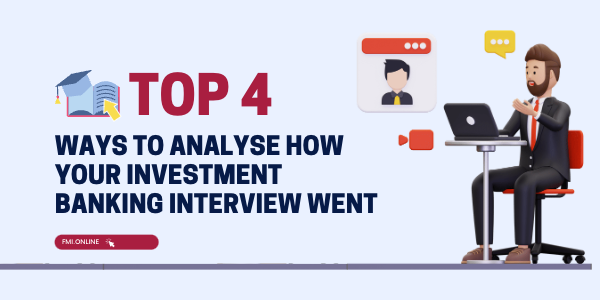
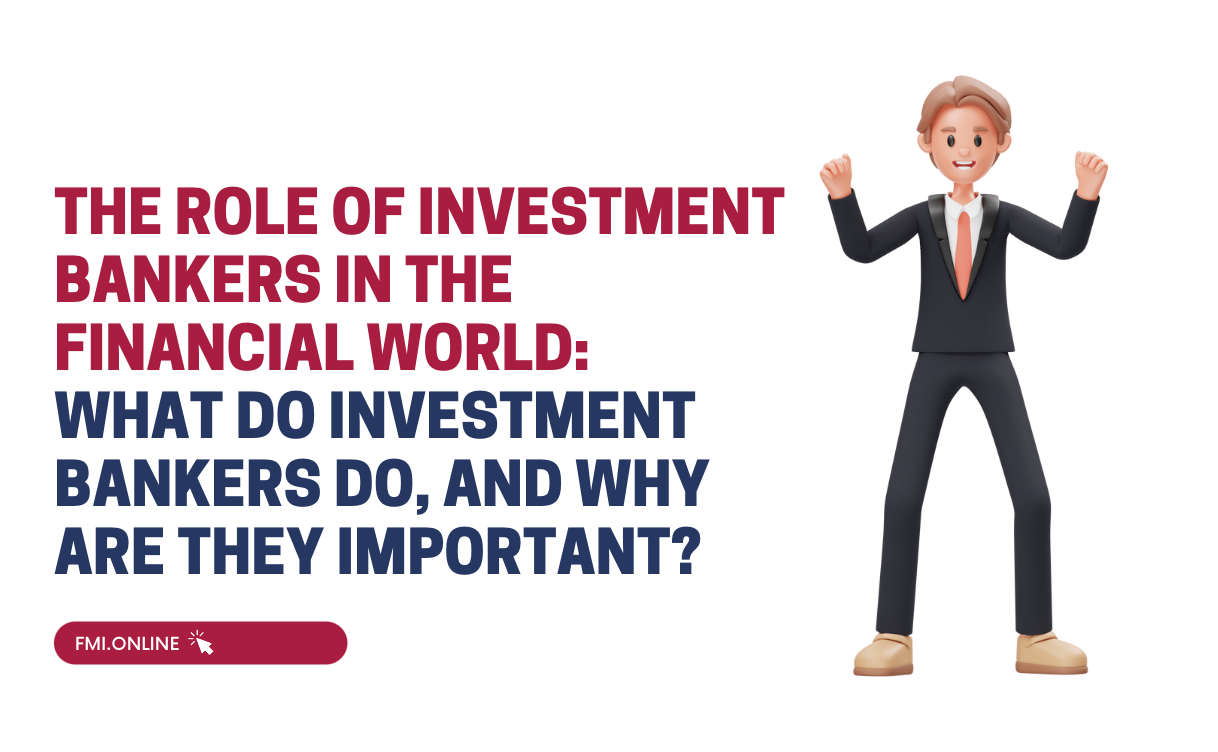
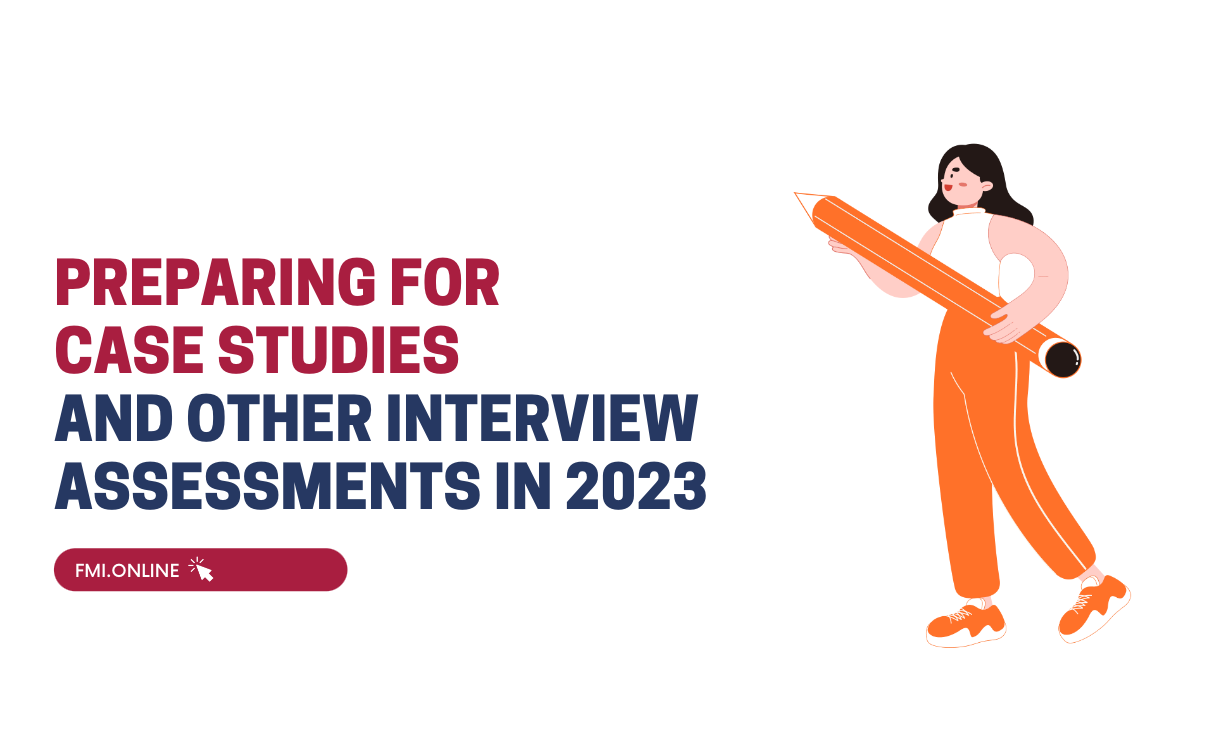



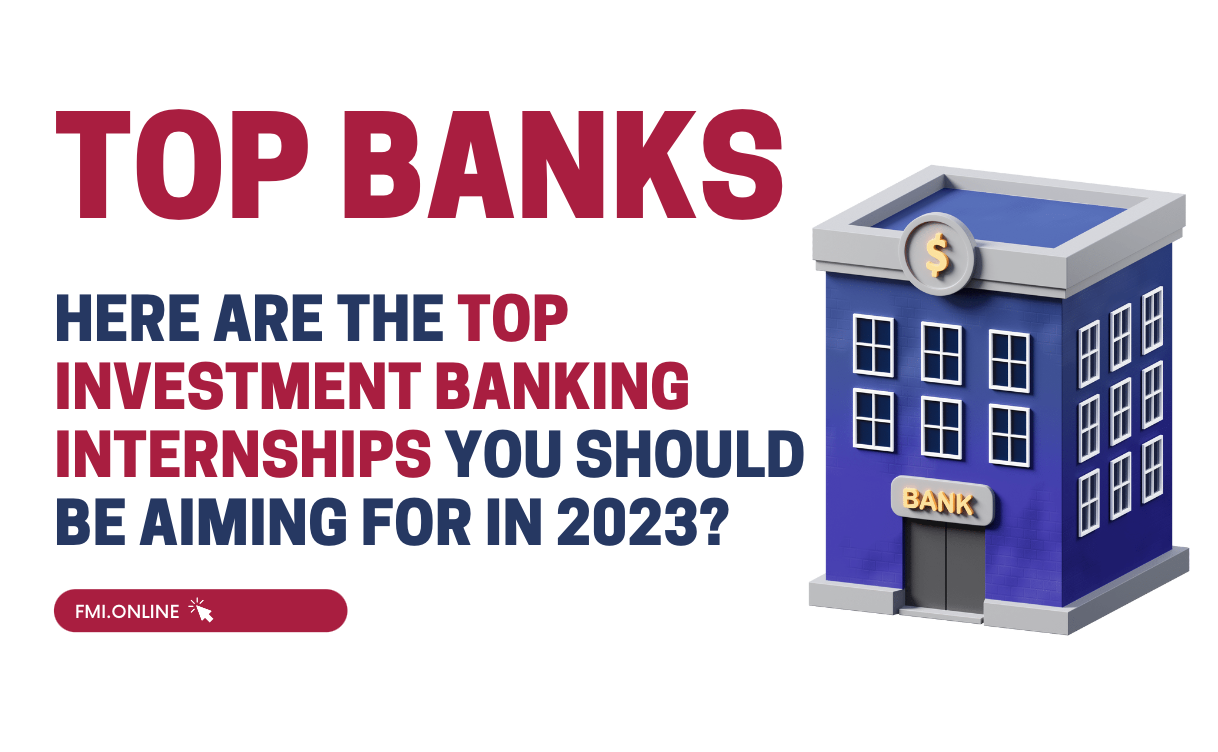
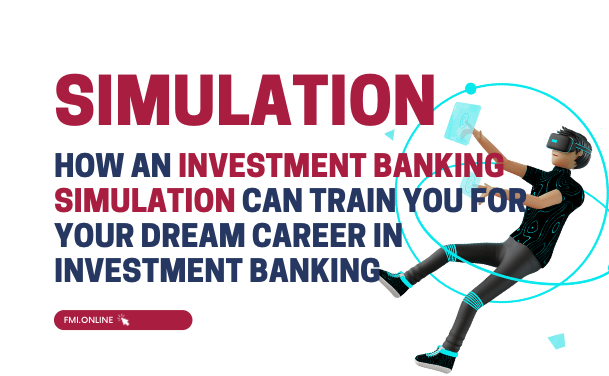
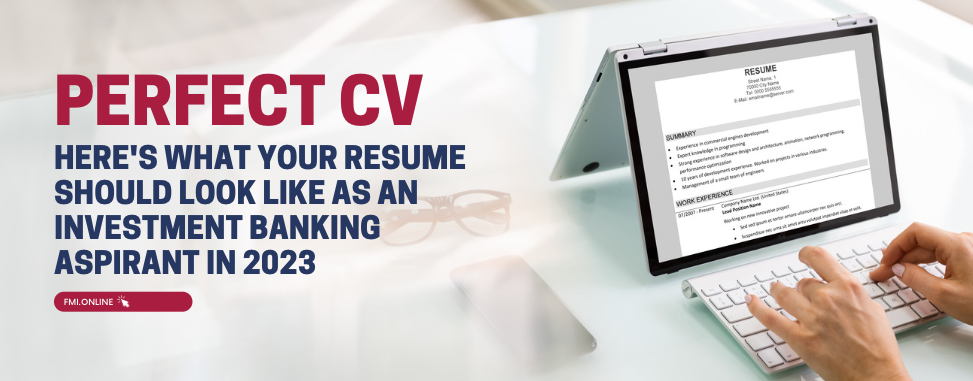

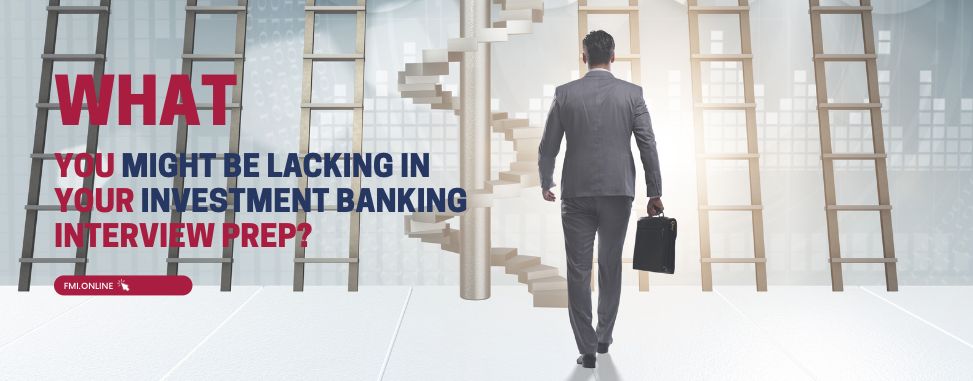

 60+ hours
60+ hours 9 courses
9 courses



